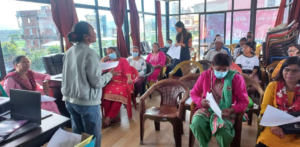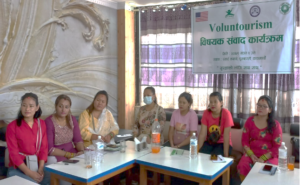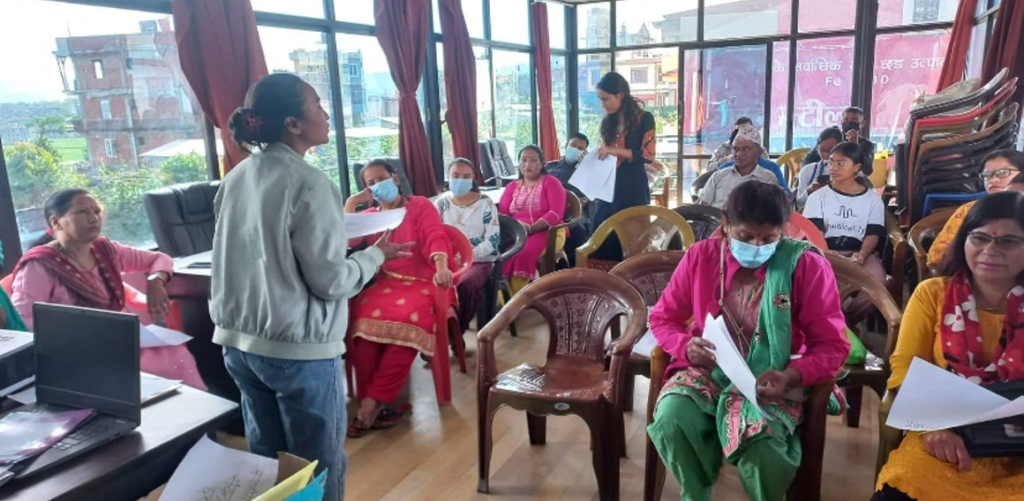About the Project
Suraksha ko lagi Saath Saath / Together for protection
Suraksha ko lagi Sath Sath (Together for Protection), a 3-year project aims to improve protection, prosecution, and standards of care at children’s homes including orphanages with the potential threat of child trafficking by strengthening Nepal’s provincial and local anti-trafficking in person (TIP) and Child Protection (CP) structures and mechanisms. The project works at three tiers of government regulatory bodies and structures formed under the Children’s Act 2018 and envisioned in the amended Human Trafficking and Transportation (Control) Act 2007 to develop/update frameworks governing child institutionalization and TIP.
ECPAT Luxembourg is working with regulatory bodies at all three levels (national, provincial, and local) formed under the Act Relating to Children 2018 and those to be created through amendment of the Human Trafficking and Transportation (Control) Act (HTTCA) 2007, to develop or update regulatory frameworks governing child institutionalization and human trafficking.
The project objectives are
Objective 1
Develop policy frameworks and protection mechanism to improve trafficking in persons ( TIP).
Objective 2
Strengthen the capacities of the government authorities and service providers to provide survivor-informed services .
Objective 3
Support TIP survivors at child care homes in receiving adequate protection and appropriate assistance
Project Coverage
The project aims to strengthen government mechanisms and structures at provincial and local levels to ensure comprehensive services to children at child care homes vulnerable to TIP and survivors of trafficking.
3
Provinces
20
Municipalities
11
Districts
The coverage of the project is based on
two major criteria
Municipalities with a high number of child care homes
Municipalities with TIP vulnerable populations
The Project is targeted at:
Children and Families: identified and potential victims in child care homes
Government Structures
Child Institutions
Tourism Agencies
The project aims to strengthen government mechanisms and structures at provincial and local levels to ensure comprehensive services to children at Child Care Homes vulnerable to TIP and survivors of trafficking.
Project Activities
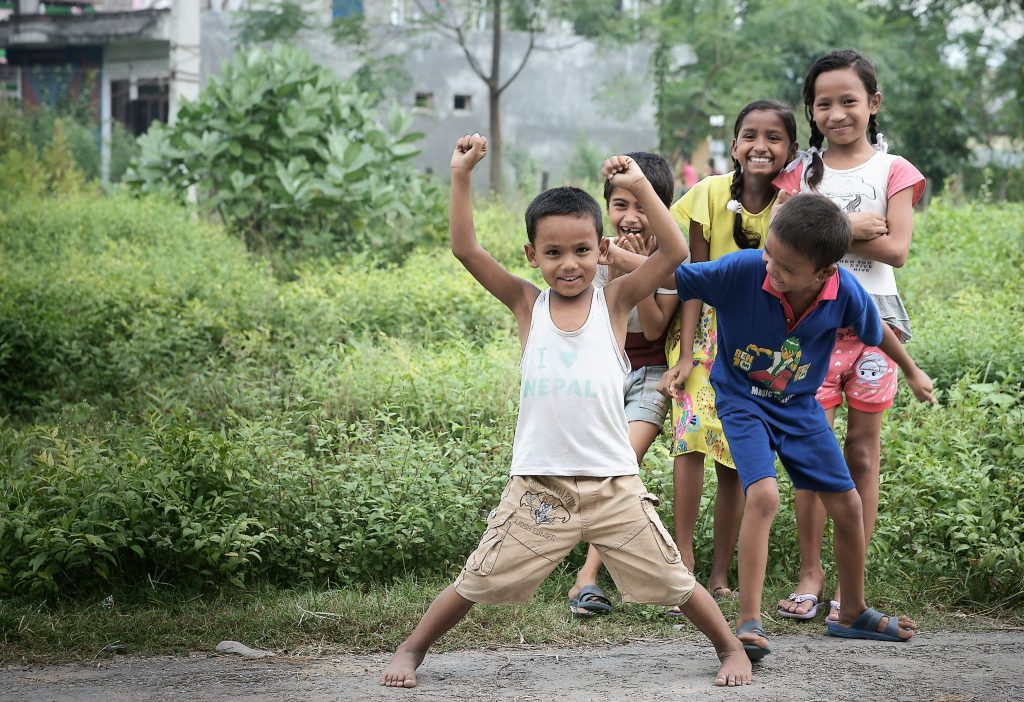
Objective 1 :
- Update or develop regulatory child protection (CP) and TIP frameworks (guidelines, directives, etc.) at province and local levels
- Develop survivor-civic engaged accountability mechanisms
- Develop or strengthen coordination and collaboration mechanisms with government stakeholders to improve child protection and anti-TIP responses
- Generate evidence-based knowledge on child institutionalization and TIP in the project area
Objective 2 :
- Train federal, provincial, and local government authorities and service providers on survivor-informed assistance to victims
- Facilitate National Child Rights Council (NCRC) and National Committee on Combating Human Trafficking (NCCHT) to develop and promulgate directives to ensure minimum standards of care
- Inform and raise awareness among key stakeholders on child institutionalization, TIP, voluntourism, and volunteering in children’s homes (in particular in fake orphanages)
- Design and develop IEC/BCC materials to raise awareness among key stakeholders on child institutionalization and TIP.
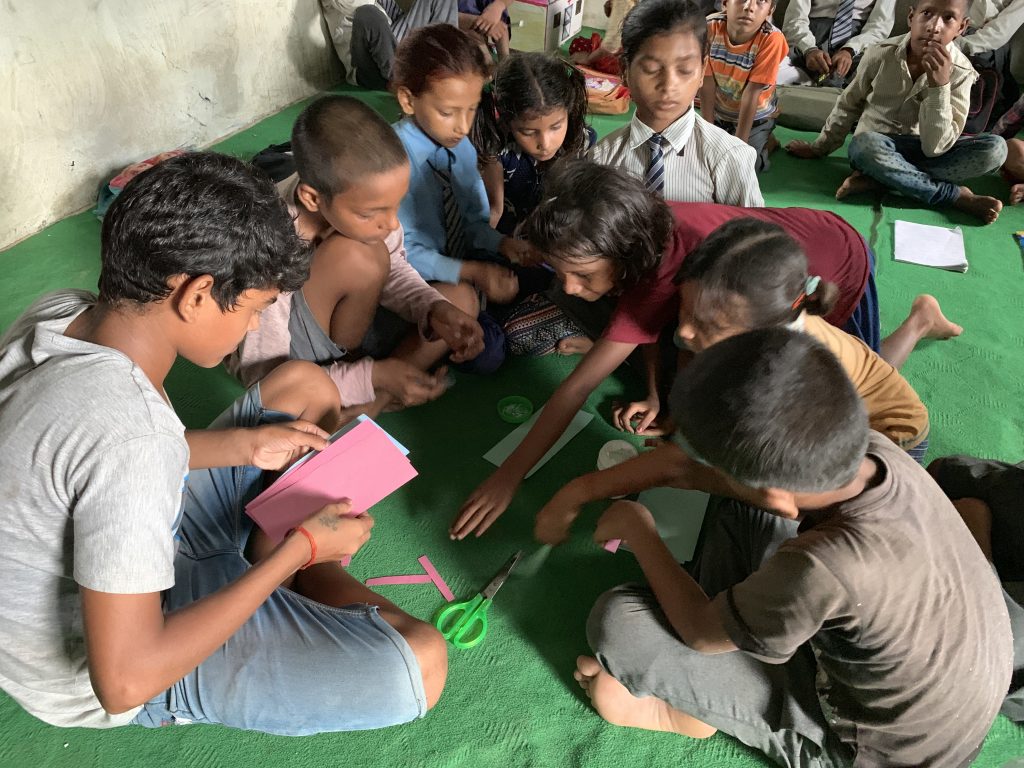
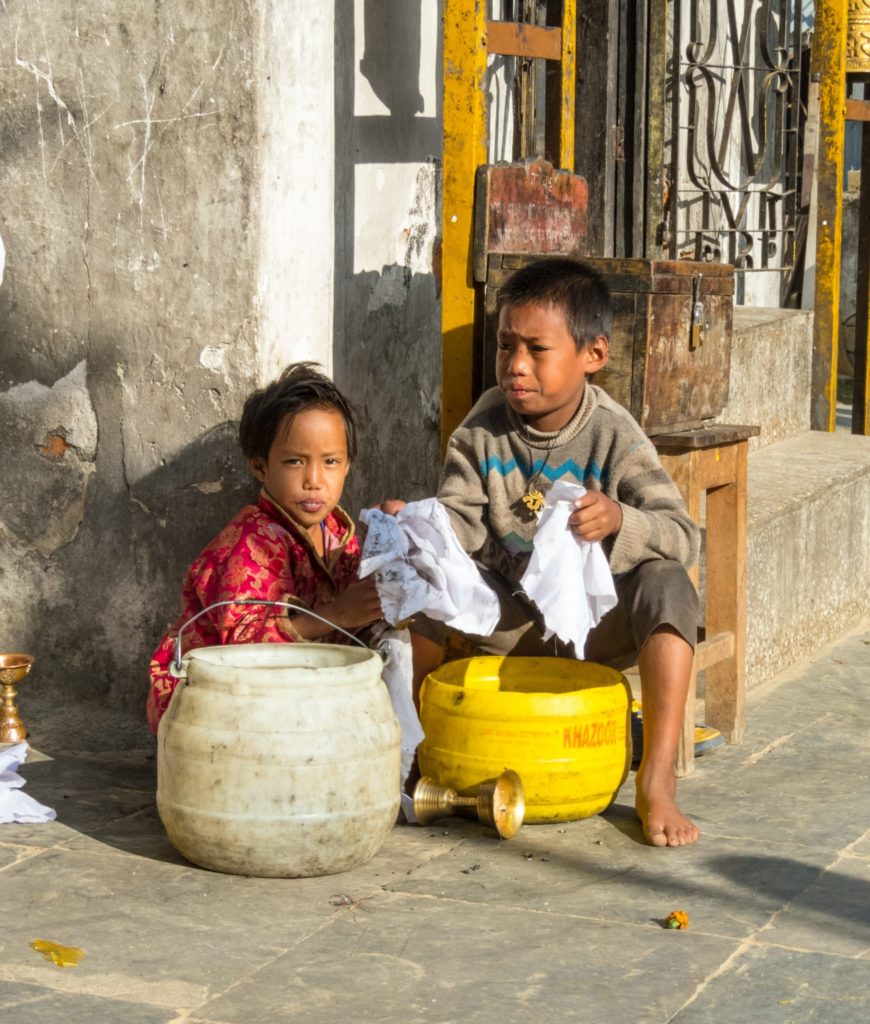
Objective 3:
- Identify and withdraw child victims or potential TIP victims in children’s homes/rehabilitation centers
- Provide comprehensive assistance to victims and families
- Reintegrate victims into families
- Ensure victim’s rights and safety for effective protection in institutional care
Testimonials
The local governments at the moment are focused on infrastructure development projects like road construction and are ignoring the children’s issues… The government must introduce child-friendly plans and policies. We children are at high risk of being exploited and trafficked. We, therefore, want the government to ensure our safety and meaningful participation in the decision-making process.
Lekhnath municipality, Gandaki Province
I had filed a case against a trafficker but I did not know how long the case would take and what could be the verdict and how to proceed after that. But this training helped me learn relevant information related to the court case proceedings.
Birendranagar municipality, Karnali Province
The budget for women and children is allocated at the local level but we should also allocate a budget to tackle the issue of street children to stop trafficking in our municipality because street children are the most vulnerable to TIP.
Birendranagar municipality, Karnali province
The ward representatives present here must change their perspective of human trafficking, it is a serious issue and we should be sensitively dealing with these cases. There are still many children living in correction centers in Makwanpur. One of the latest observations is that children are also in different religious institutions, therefore the local representatives must closely monitor these institutions along with child care homes in the district.
Hetauda sub-metropolitan city, Bagmati province
Such awareness programs on the issue of cyberbullying and sexual exploitation are needed in a city like Pokhara. We have buses running connecting Pokhara with India. This also increases the risk of human trafficking. Based on our data, in this year alone, 30 tourists were apprehended for drug smuggling, 25 cases of suicide were registered in Pokhara police. Therefore, to keep children safe from these exploitations, we must all work together.
Tourist Police
Pokhara city, Gandaki province
During our work, we witness many children at risk. Many tourists are staying illegally in the country but we never question them. I think this is a serious issue for both the children and the tourism sector. This kind of orientation event must be organized for all tourism companies. If Shakti Samuha is willing, we can collaborate.
Member
Nepal Mountaineering Association (NMA)
I was excited to listen to the views of and expectations from the children and share my experience with them. Participating in these kinds of programs together helps bridge the generational gap between us. I find these platforms important for all to share their thoughts and ideas.
A parent
Panauti municipality, Bagmati province
I am worried about my health. The doctor made us realize that fatigue is likely to continue for some time even after recovery. I feel sleepy, weak, and have difficulty memorizing things and concentrating. She also shared that we need proper rest, adequate sleep, and nourishment. Initially, I didn’t believe her but later on, we followed her suggestion and felt better. It’s good, we get services from the white coat bearers on time.
From a shelter home, Kathmandu, Bagmati province
We have realized the need to make necessary changes in our existing CP and TIP response mechanisms and instruments. We will make the amendments as per the needs of the municipality. This in itself requires a collaborative effort of the government bodies and civil society organizations. Our municipality has a high number of Child Care Homes. We have been trying our best to monitor them frequently. Once we have a defined mechanism for this, the task will become easier and efficient.
Gokarneswor Municipality, Bagmati Province

